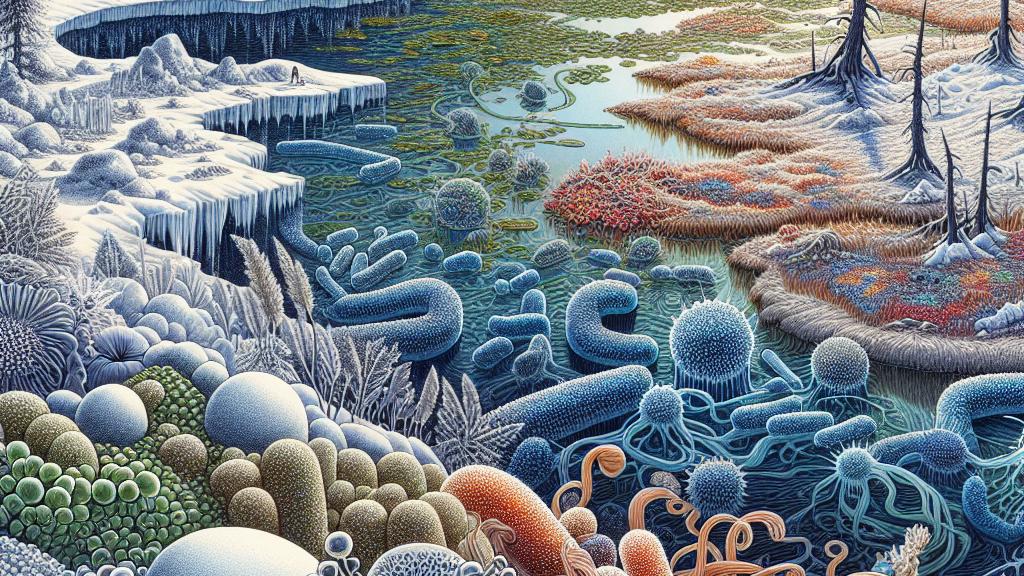Scientists Discover Bacteria That Evolve in a Time Loop
Overview
- Remarkable bacteria in Wisconsin’s Lake Mendota exhibit a time loop of seasonal evolution.
- These microorganisms reset their genetic traits each year, creating a fascinating cyclical pattern.
- This groundbreaking discovery transforms our understanding of microbial adaptation and resilience.

A Groundbreaking Discovery
In the vibrant ecosystem of Wisconsin's Lake Mendota, scientists have made a groundbreaking discovery that could rewrite our understanding of evolution! The lake, known for its stark seasonal changes—icy winters that freeze the surface and warm summers teeming with algae—hosts bacteria that appear to exist in a remarkable time loop. After two decades of rigorous research, involving the collection of an astounding 471 water samples, the research team realized that these bacteria not only adapt to their ever-changing environment but also reset their genetic characteristics once winter sets in. Imagine a game resetting after each round; that’s how these bacteria function year after year, showcasing the breathtaking complexity of life at a microscopic level!
Understanding the Time Loop Mechanism
So, how does this fascinating time loop come into play? As the seasons shift, these bacteria undergo rapid evolution—often experiencing thousands of generations in just one year! For example, during the scorching summer of 2012, researchers noted significant alterations in the genes responsible for nitrogen metabolism. This occurred due to a drop in water levels, which reduced the nitrogen-producing algae in the lake. However, as the chill of winter returns, these same bacteria revert to a genetic state akin to what they were the previous year, almost like they’ve hit the reset button. It’s an extraordinary cycle that reveals how life, even in its simplest forms, finds ways to adapt and survive!
Implications of the Research
The implications of this study are staggering and far-reaching! This research challenges our conventional view of bacterial evolution, which we usually think of as a linear progression. Instead, these resilient microbes introduce us to a world where rapid adaptation coexists with cyclical resets—a duality that showcases their remarkable resilience. Furthermore, as climate change continues to alter ecosystems, understanding such phenomena becomes crucial. Could other microorganisms also engage in similar evolutionary loops? If so, this revelation could change strategies related to biodiversity conservation and ecological management. In essence, this discovery not only enriches our knowledge of microbial life but also prompts us to reimagine how we interact with and protect our environment—a true marvel of the natural world!

Loading...